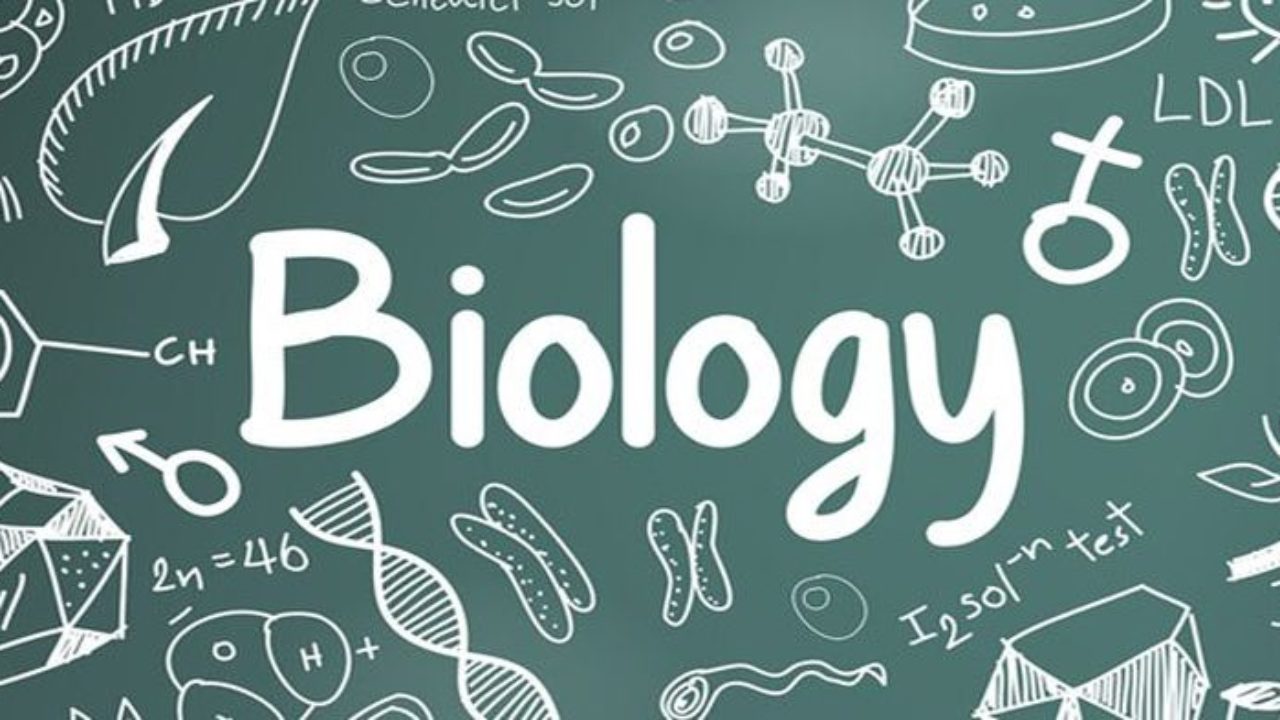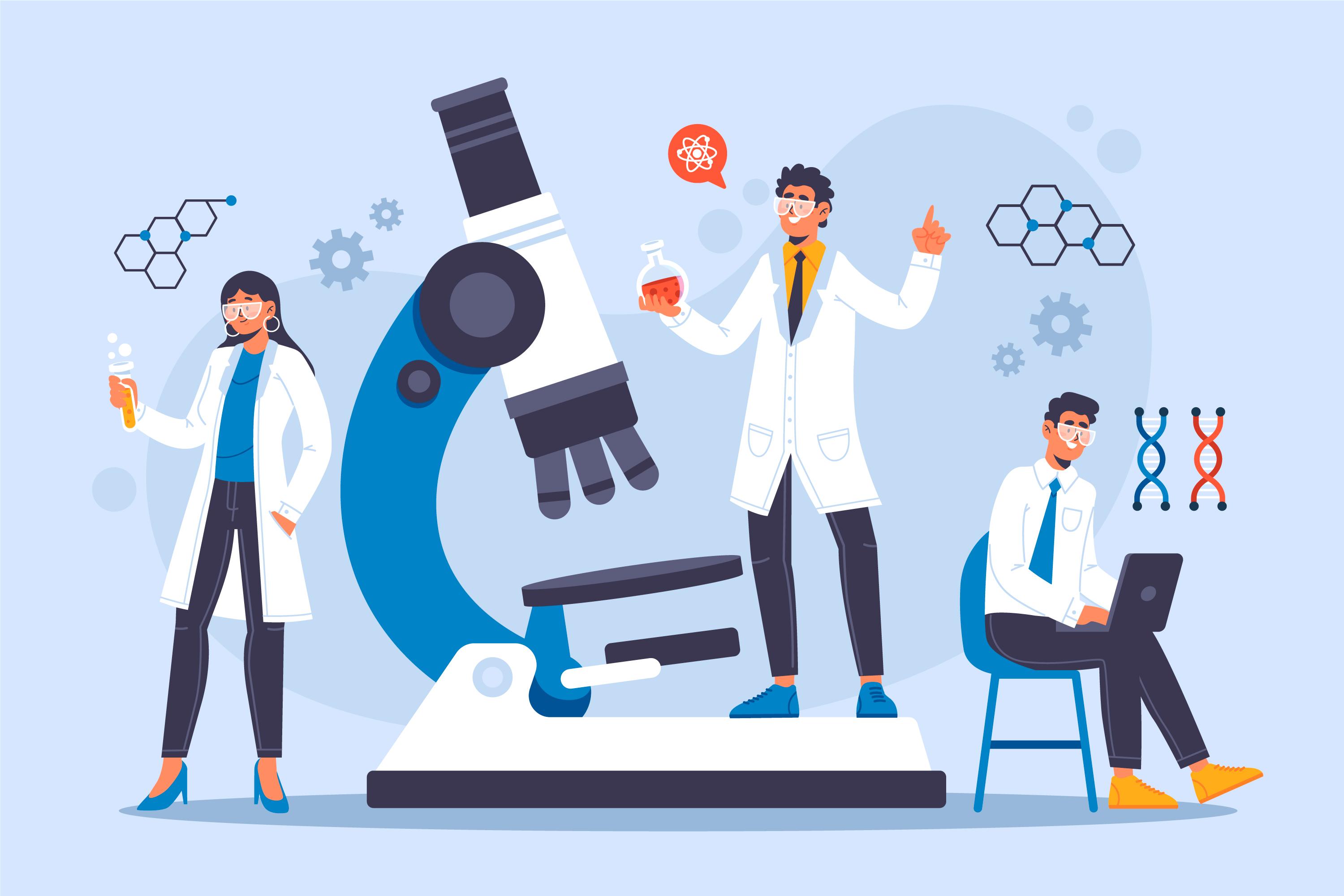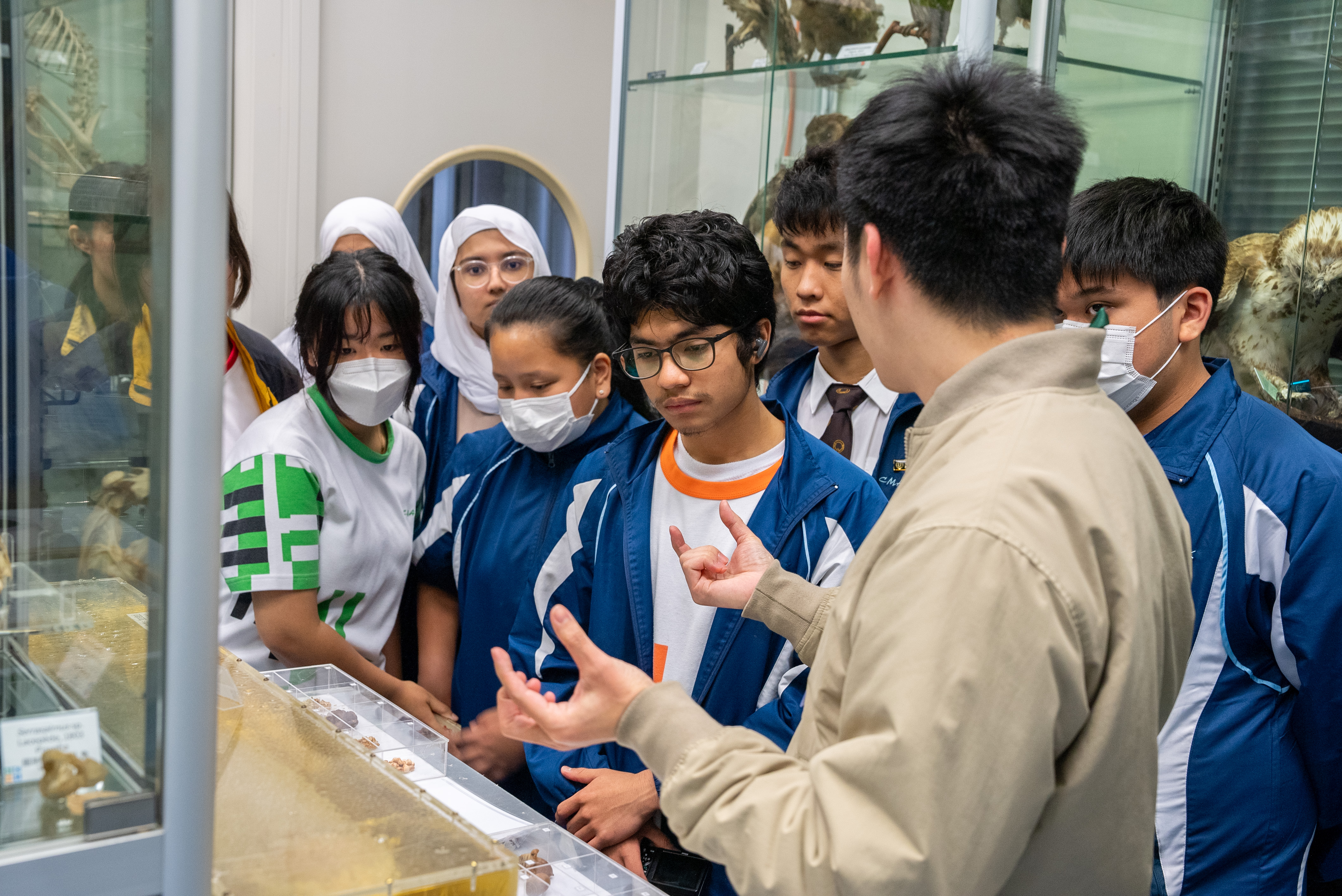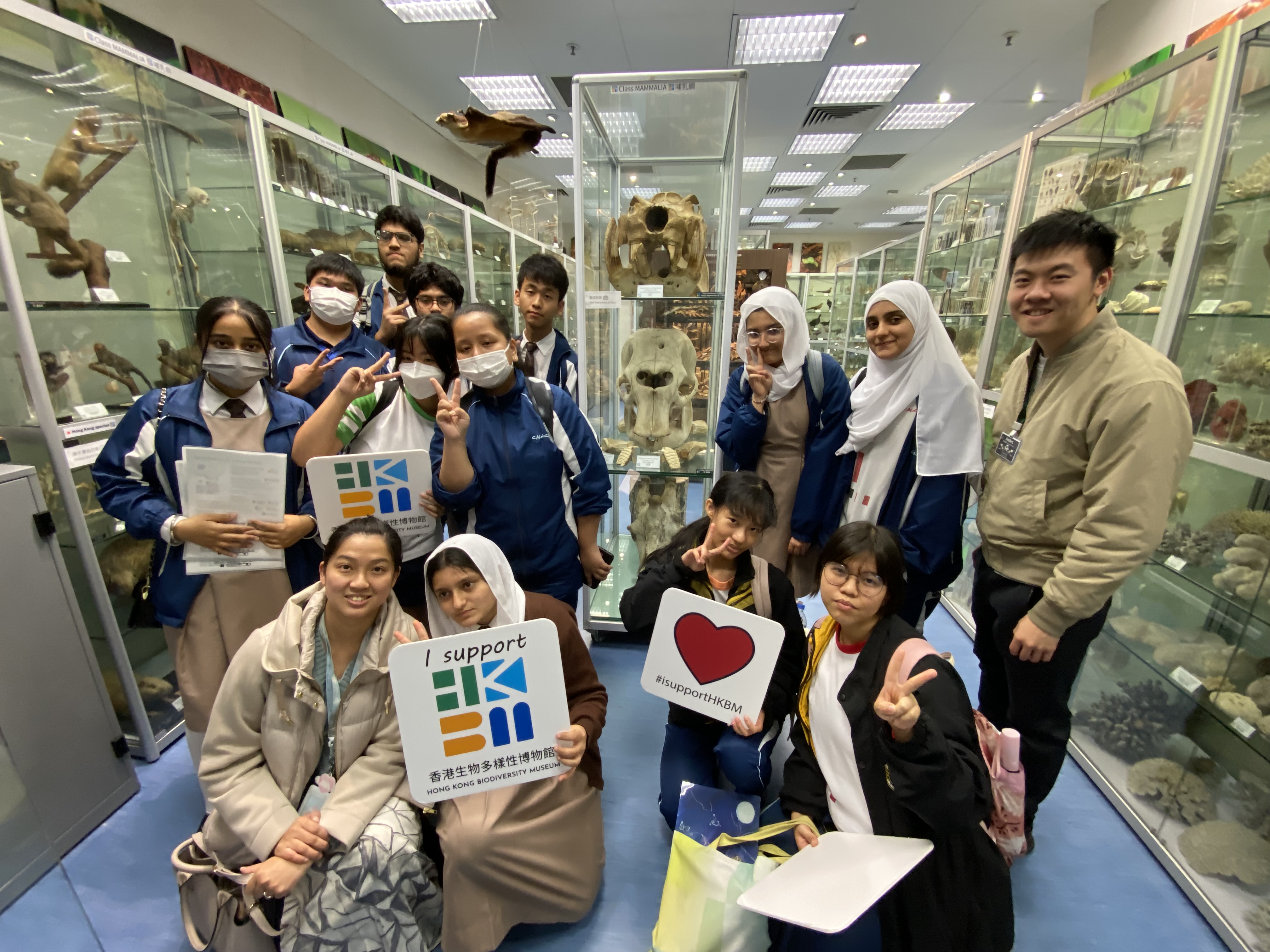 Biology
Biology

|
Introduction |
|
This Biology Curriculum serves as a continuation of the Science (S1–3) Curriculum and builds on the strength of the current Biology curricula. It will provide a range of balanced learning experiences so that students develop the necessary scientific knowledge and understanding, skills and processes, and values and attitudes embedded in the “Life and Living” strand and other strands of science education. These are necessary for personal development to enable students to contribute towards a scientific and technological world. The curriculum will prepare students for their tertiary studies, vocational training and careers in various fields of life science. The emergence of a highly competitive and integrated economy, advanced scientific and technological innovations, and a growing knowledge base will continue to have a profound impact on our lives. In order to meet the challenges posed by these changes, the Biology Curriculum, like other science electives, provides a platform for developing scientific literacy and building up essential scientific knowledge and skills for life-long learning. Through the learning of biology, students will acquire relevant procedural and conceptual knowledge to help them understand many contemporary issues. They will become aware of the interconnections between science, technology, society and the environment. In addition, students will develop a respect for the living world, an attitude of responsible citizenship and a commitment to promote personal and community health. |
|
|
|
Aims |
|
The broad aims of the Biology Curriculum are to enable students to:
|
|
Curriculum |
|
S.4 - S.6 (New Senior Secondary Curriculum) |
|
Compulsory Part |
|
I. Cells and Molecules of Life |
II. Genetics and Evolution |
|
a. Molecules of life |
a. Basic genetics |
|
b. Cellular organisation |
b. Molecular genetics |
|
c. Movement of substances across membrane |
c. Biodiversity and evolution |
|
d. Cell cycle and division |
|
|
e. Cellular energetics |
|
|
|
|
|
III. Organisms and Environment |
IV. Health and Diseases |
|
a. Essential life processes in plants |
a. Personal health |
|
b. Essential life processes in animals |
b. Diseases |
|
c. Reproduction, growth and development |
c. Body defence mechanisms |
|
d. Coordination and response |
|
|
e. Homeostasis |
|
|
f. Ecosystems |
|
|
|
|
|
Elective part (any 2 out of 4) |
|
|
|
|
|
V. Human Physiology: Regulation and Control |
VI. Applied Ecology |
|
a. Regulation of water content (osmoregulation) |
a. Human impact on the environment |
|
b. Regulation of body temperature |
b. Pollution control |
|
c. Regulation of gas content in blood |
c. Conservation |
|
d. Hormonal control of reproductive cycle |
d. Global issues |
|
|
|
|
VII. Microorganisms and Humans |
VIII. Biotechnology |
|
a. Microbiology |
a. Techniques in modern biotechnology |
|
b. Use of microorganisms |
b. Applications in biotechnology |
|
c. Microbial genetics |
c. Bioethics |
|
d. Harmful effects of microorganisms |
|
|
Future Study and Career |
|
One aim of the senior secondary education is to enable students to pursue higher education or to enter the workplace through a variety of pathways, so that every student has an opportunity to succeed in life. This curriculum will provide students with a solid foundation in biological and life science, so that they can pursue higher levels of study in tertiary or vocational training institutions and enter a wide spectrum of careers related to science, technology and the environment. Furthermore, the development of a logical mind and problem-solving skills through studying biology will prepare students to deal intelligently with everyday problems and make them more competitive in the workplace. The following Figure shows the continuum of learning for students studying biology. |
|
|
|
Subject activities |
|
S5 Visit Hong Kong Biodiversity Museum
|








